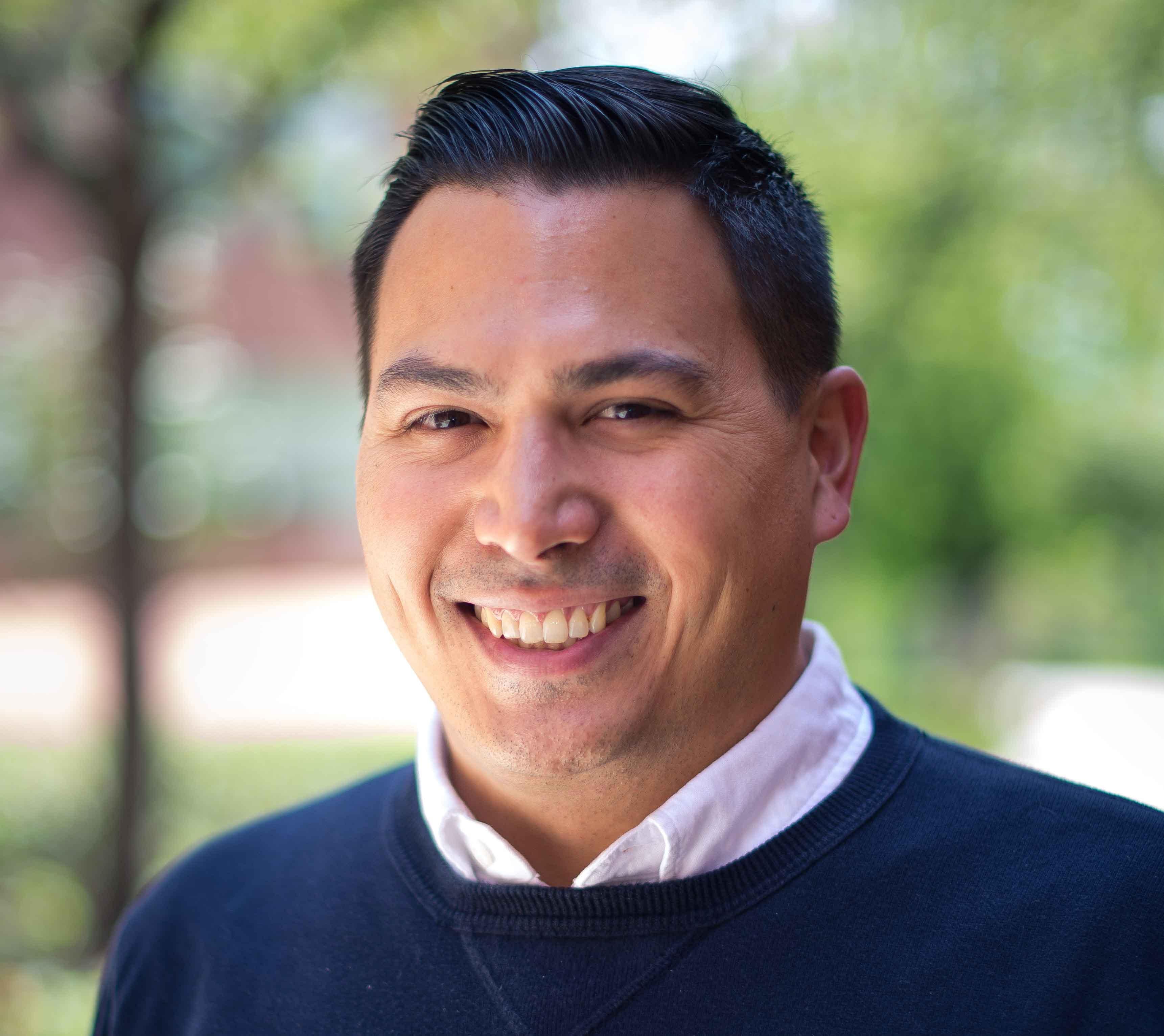Communications Decency Act Section 230 and the Future of Online Speech
Tuesday, June 30th, 2020 1:30 PM - 2:30 PM
Sponsored by The Stanton Foundation
The event is free to join. No CLE is offered for this lecture.
Webcast Archive Content
Event Description
Section 230 of the Communications Decency Act was designed to protect free speech on the internet by allowing companies to moderate the speech they host without incurring liability for it.
Because of Section 230, you can't sue Facebook for what a user posts on the theory that Facebook was the publisher of that content. You also can't sue Facebook for removing your posts on a theory that it is a state actor, with associated constitutional restraints for free speech purposes.
Over the last several months, politicians have proposed different pieces of legislation that would weaken the protections provided by Section 230. Then on June 4, President Trump issued an Executive Order purporting to stop online censorship by declaring that Section 230 should be limited to those platforms which do not exercise editorial control—a position that is contradicted by judicial interpretations of the section's scope.
In this panel discussion, sponsored by Case Western Reserve University School of Law and the Stanton Foundation, we will discuss the history, text and application of Section 230, the legislative proposals to amend it and the implications of those proposals for internet platforms and their users.
Speaker Information

Kendra Albert, Clinical Instructor, Harvard Law School Cyberlaw Clinic
Blake Reid, Clinical Professor, Colorado Law
Andrew Geronimo, Attorney at Law, Milton A. Kramer Law Clinic Center
Danielle Blunt, NYC-based Dominatrix and sex worker rights and anti-traffiking advocate
Lorelei Lee, sex worker activist, writer, recent law school graduate, and 2020 Justice Catalyst Fellow.

